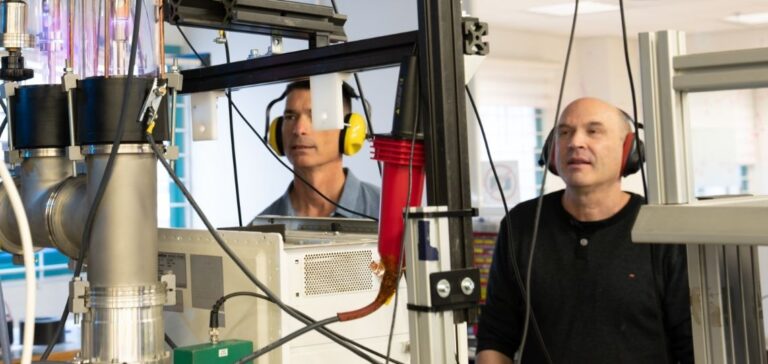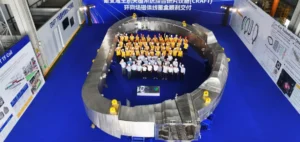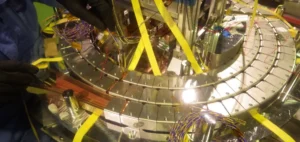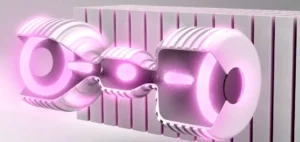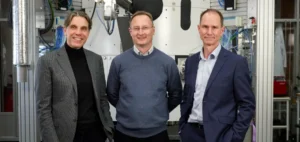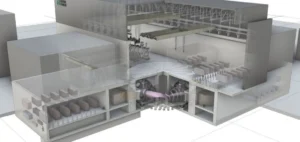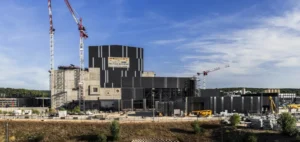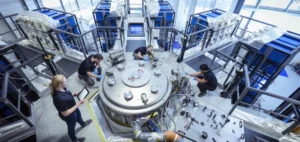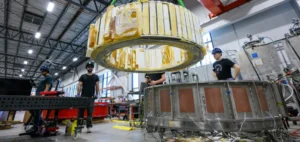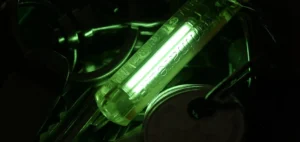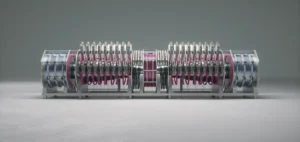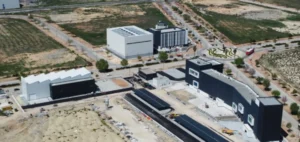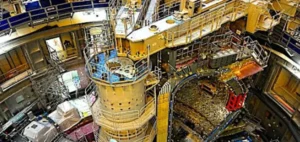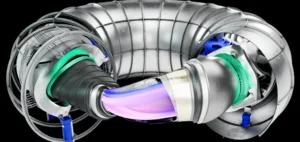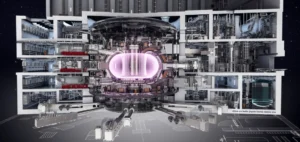nT-Tao, an Israeli company specialising in nuclear fusion, has been awarded an additional $5 million in funding over three years from the Israel Innovation Authority. This financial support is intended for the development of a next-generation compact fusion demonstrator, a key project for the company in its pursuit of offering a smaller and more scalable nuclear fusion solution. The first payment, amounting to $1 million, will be allocated to the design of a more compact prototype, which is expected to be completed within two years.
This grant strengthens the previous support nT-Tao has received, marking the fourth consecutive time the company has been awarded such funding. These financial contributions highlight the continued confidence of the Israeli government in the company’s ability to revolutionise the nuclear energy sector. “Our vision is to accelerate the path to commercial nuclear fusion with a compact and scalable system,” said Oded Gour-Lavie, CEO and co-founder of nT-Tao. He added that this funding not only represents financial backing but also sends a strong signal of trust in their nuclear fusion technology.
The role of the Israel Innovation Authority is crucial in encouraging technological progress in key sectors such as energy, health, and artificial intelligence. Dr. Aviv Zeevi, Vice President of Infrastructure at the Israel Innovation Authority, clarified that the investment in nT-Tao is part of a national policy supporting Israeli innovative companies capable of shaping the future of the high-tech sector through collaborations with leading research institutions.
A more compact and scalable fusion model
This new funding will allow nT-Tao to continue its unique approach to nuclear fusion by reducing the size, cost, and complexity of fusion reactors. This compact model, inspired by a modular approach, aims to make nuclear fusion more accessible for a variety of applications, ranging from industrial sites to small cities, as well as offshore installations or data centres. The system developed by nT-Tao would be capable of generating between 10 and 20 MW of power, with a design that could fit into the space of a shipping container.
The company is collaborating with prestigious institutions such as Princeton University and MIT to enhance its technical capabilities. These partnerships have enabled significant advancements in areas such as the magnetic chamber and plasma heating, both essential components for the success of their project. nT-Tao’s long-term goal is to develop a fusion solution that is both more efficient and quicker to deploy, positioning the company as a key player in the energy of tomorrow.
Strategic support for the future of fusion
The continued support from the Israel Innovation Authority reflects a national commitment to place Israel at the forefront of the commercial nuclear fusion race. nT-Tao’s technology could become a cornerstone for the global energy transition, offering a clean and sustainable alternative to current energy production methods. The potential for rapid deployment of compact fusion reactors could also transform global energy infrastructures, especially in regions where traditional distribution networks are limited or non-existent.
The company emphasises that this funding is a substantial contribution to its goal, underscoring its importance in such an innovative and complex sector as nuclear fusion. With this support, nT-Tao hopes to make significant progress towards the commercialisation of its technology and further solidify its position among the sector’s leaders.


